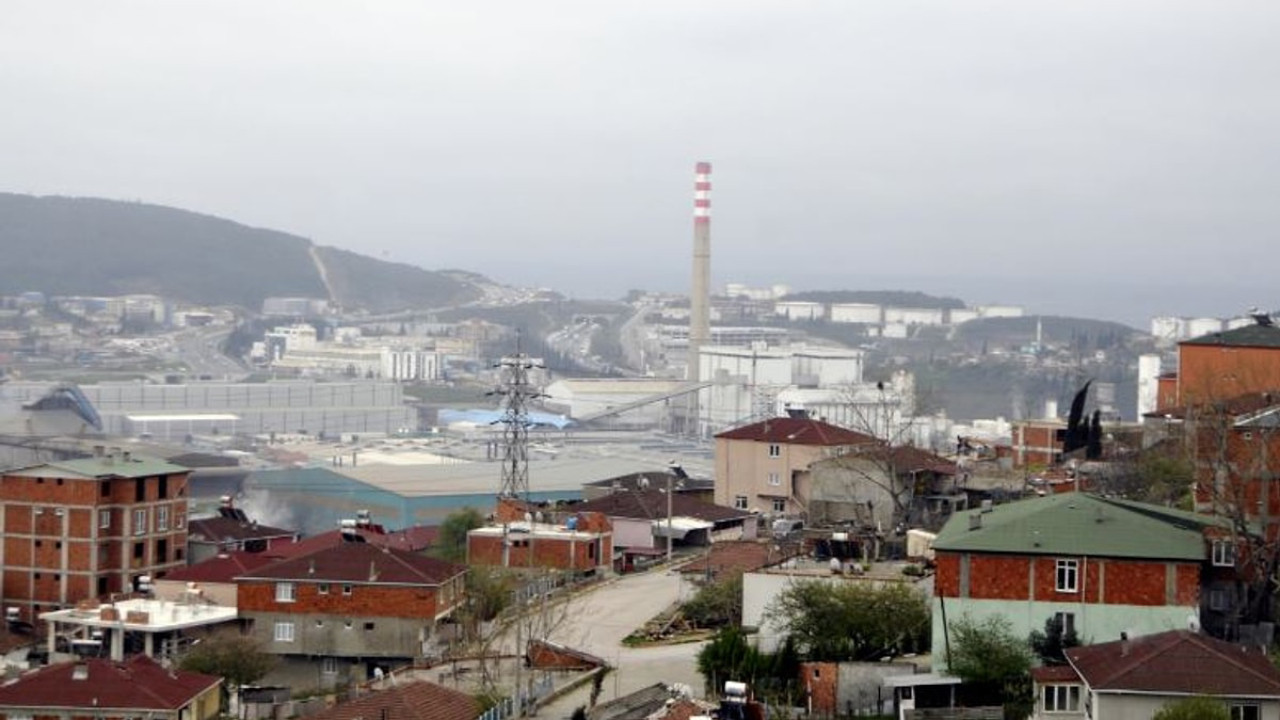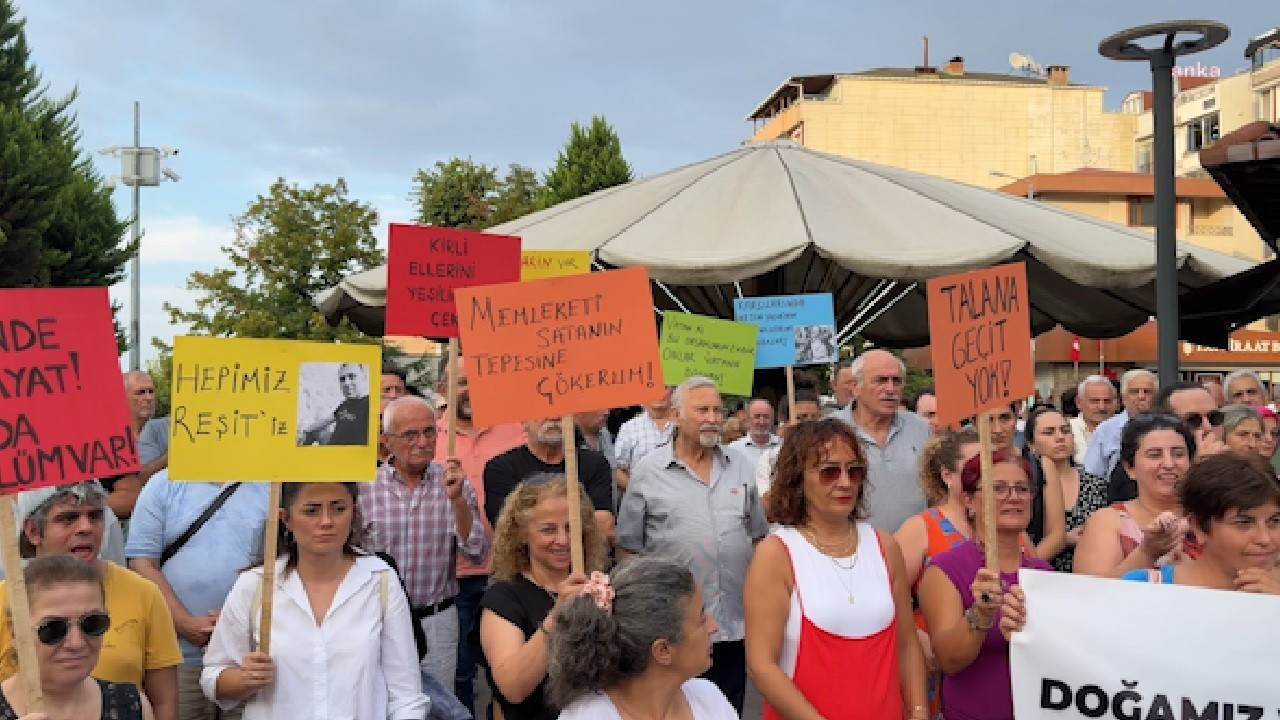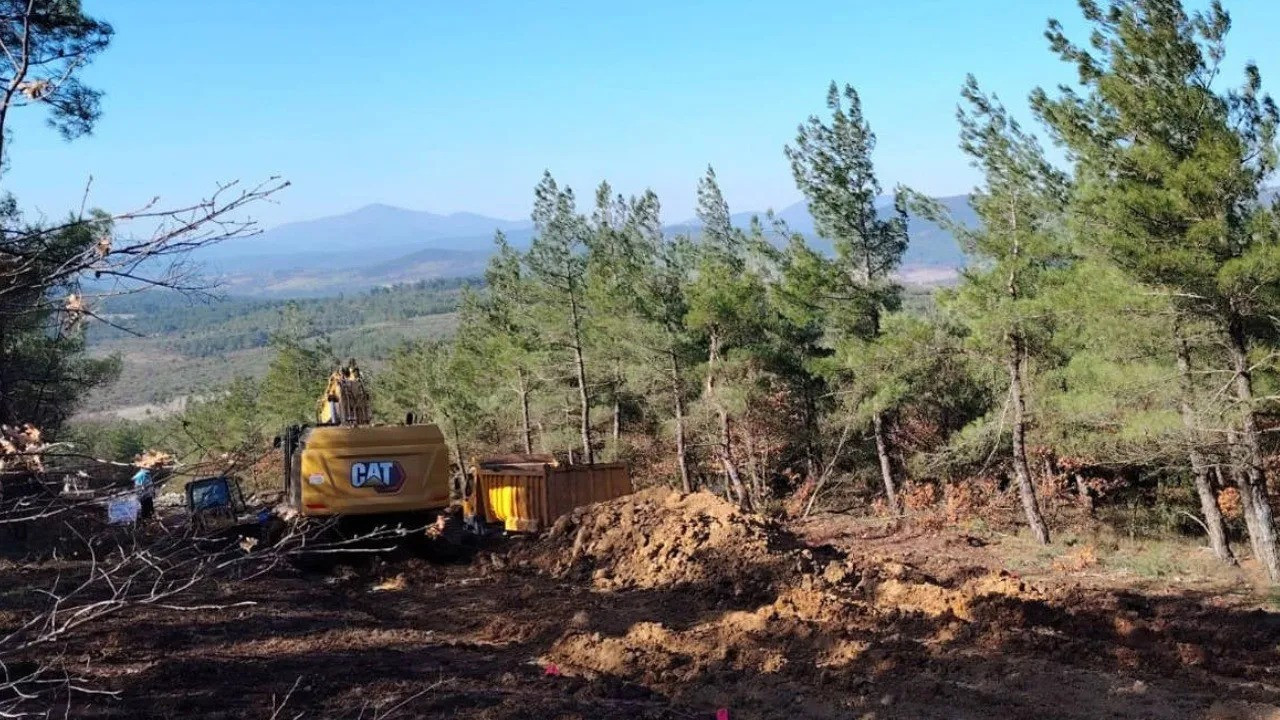Lawsuit challenges Mediterranean highway project over environmental concerns
Environmental groups, professional chambers, and citizens have sued the Finike-Demre-Kaş-Kalkan Highway Project along Turkey's Mediterranean coast, saying the project would destroy farmland, forests, and heritage sites while lacking transparency on costs.
Ceren Deniz / Gazete Duvar
Environmental groups, professional chambers, and 127 individuals have sued to annul the Environmental Impact Assessment approval for the Finike-Demre-Kaş-Kalkan Highway Project in Antalya, along Turkey's Mediterranean coast.
Gazete Duvar spoke with attorney Tuncay Koç, who claimed the project’s true goal was wealth transfer and opening scenic coastal slopes to development and profit.
Koç recalled that the Environmental Impact Assessment (EIA) process for the project began in 2021 under the Environment, Urbanization, and Climate Change Ministry and that the ministry announced an "EIA positive" decision on January 17, 2025.
He pointed out that the announcement unusually lacked a date and decision number. Koç said the primary difference between the planned highway and the existing coastal road was that it would shorten travel time between the Demre and Kalkan districts by 15 minutes due to its dual-lane design, increasing driving speed.
Koç stated that approximately 150 acres of agricultural land and olive groves would be expropriated and destroyed. He criticized the EIA report for mentioning only that expropriation payments would "boost the economy" without addressing the impact on displaced villagers.
He noted that 7,000 hectares of forest would be allocated to highways, and 66,073 trees would be cut. The project, he said, would directly or indirectly damage 11 archaeological sites and nine protected areas, including first-degree heritage sites such as Kaputaş and Myra.
Koç highlighted that the project route contained 454 plant species, 22 of which were endemic, and warned of harm to the region’s biodiversity. He added that the area's topography would be divided, restricting wildlife habitats. Protected agriculture in Demre, the geographically certified Finike orange fields, and olive groves would suffer damage.
Excavation would generate 19 million cubic meters of debris, with 12 million cubic meters slated for disposal across three districts, none of which had suitable dump sites. Dust and explosions from construction would also threaten the region’s flora and groundwater.
Koç also criticized the project's high cost, stating that its 2021 estimated budget was 2.165 billion TL (then $250 million). He noted that this figure did not include the cost of 11 viaducts, six tunnels, or expropriated farmland, making the actual cost unclear in the EIA report.
He calculated that, based on the reported cost alone, the project would amount to $2,770 per capita for Demre and Kaş residents, without factoring in additional expenses. He argued that redistributing these funds directly to the public could support regional development without harming the environment, forests, heritage sites, or groundwater.
(English version by Ayşenaz Toptaş)


 Turkey to relocate neighborhood in Kocaeli’s industrial district Dilovası over pollutionEnvironment
Turkey to relocate neighborhood in Kocaeli’s industrial district Dilovası over pollutionEnvironment Forest land auction stops in northern Turkey following public outcryDomestic
Forest land auction stops in northern Turkey following public outcryDomestic Cengiz Holding continues tree-cutting in western Turkey's Kaz Mountains despite court orderDomestic
Cengiz Holding continues tree-cutting in western Turkey's Kaz Mountains despite court orderDomestic